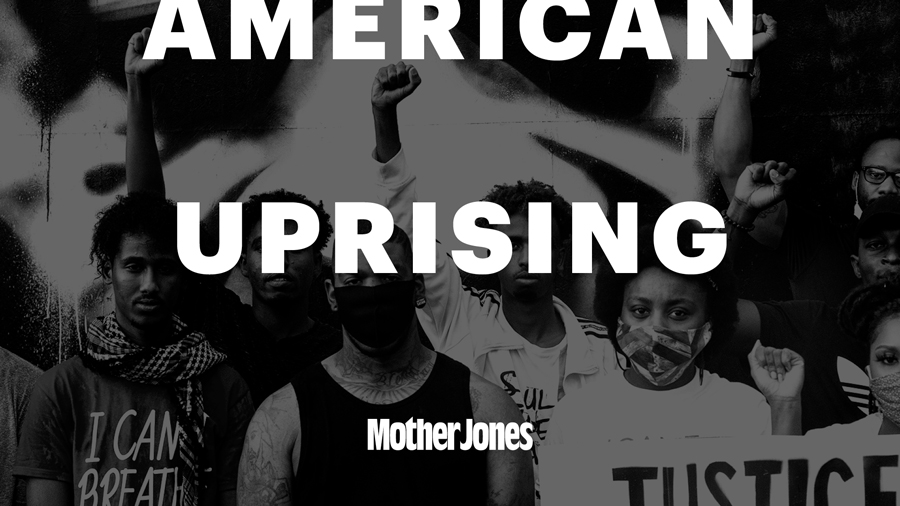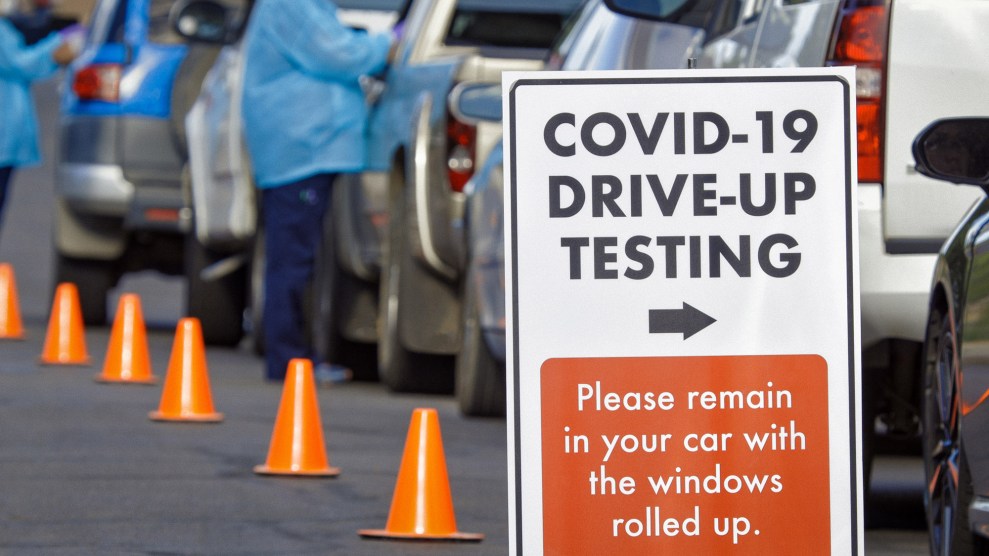In a March 22 op-ed, published just after the coronavirus had forced much of the US economy to shut down, Washington, DC, chef and emergency-food activist José Andrés proposed an elegant solution to two looming problems: Have the federal government pay idled restaurants to produce food for hungry people—”supporting millions of jobs while also feeding millions of people in desperate need.”
Andrés modeled his idea on the New Deal-era Works Progress Administration, which employed millions of out-of-work people for needed public projects, like building and maintaining roads and bridges. Since the chef published his piece, unemployment claims have spiked to staggering levels, food banks have been overwhelmed with demand, and the restaurant industry has been pushed to the edge of extinction. Yet Andres’ proposal never got traction in the US capital.
However, California’s Gov. Gavin Newsom just rolled out a miniature state-level version of a WPA for food on April 24. Called “Restaurants Deliver: Home Meals for Seniors,” the plan has two purposes, its website states:
• Help older and other adults at high risk from COVID-19 to stay home and stay healthy by delivering three nutritious meals a day, and
• Provide essential economic stimulus to local businesses and workers struggling to stay afloat during the COVID crisis.
At a press conference, Newsom added that the program will provide up to $66 daily worth of delivered food for eligible seniors, in the process supporting restaurant jobs and pumping sales tax money into the coffers of struggling local governments.
In a famous 1932 Supreme Court decision, Justice Louis Brandeis called states “laboratories of democracy,” capable of testing out ideas that can be adapted by the federal government if they succeed. The “Home Meals for Seniors” plan is worth keeping an eye on.








